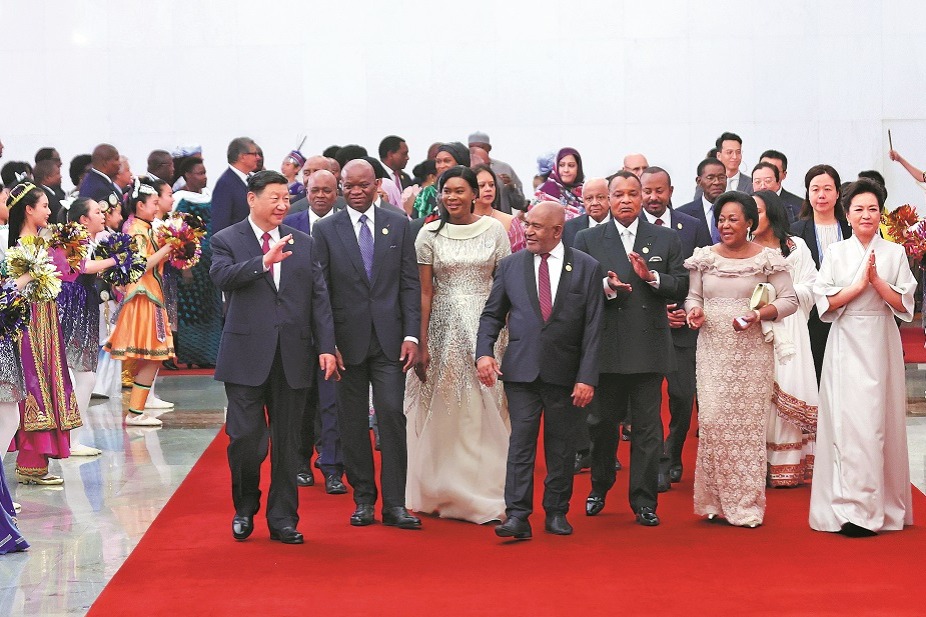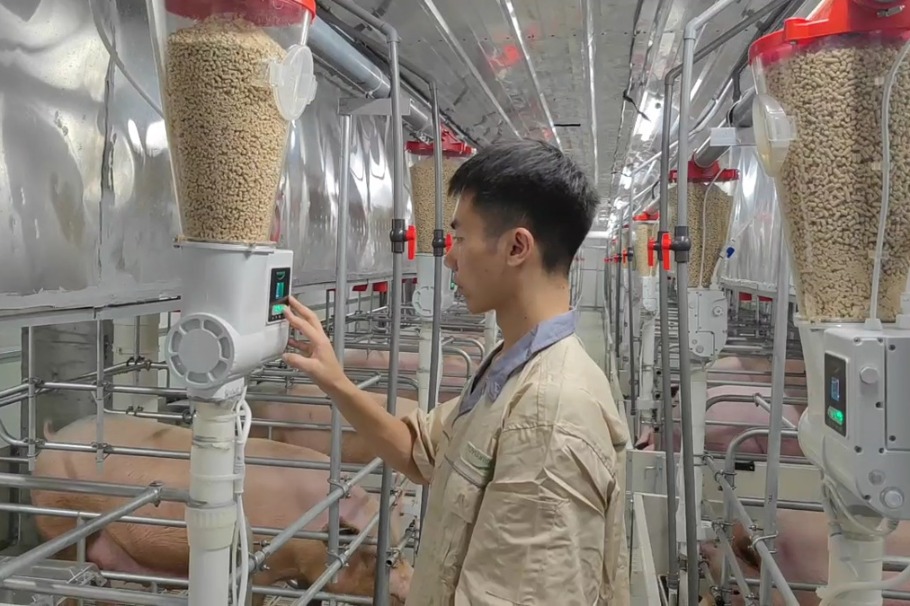Government looks to tame fan club phenomenon

Reality shows about cultivating celebrities have been one of the most popular types of programs in the country during the past five years.
However, they have also stirred controversy and caused chaos, as was highlighted in a notice released by the Chinese National Radio and Television Administration on Sept 2. The notice aims to regulate entertainment programs, celebrities and celebrity agencies.
Performers who have broken laws or ethics should be banned, reality shows aimed at developing idols should be canceled and the tendency to promote shallow and vulgar culture should be curbed, according to the notice.
It particularly notes issues surrounding fan quan, or fan clubs, a South Korean concept that has enabled pop stars and their supporters to bring K-pop to a broader audience.
Fans gather in groups to meet and share information about their idols, and also spend considerable amounts of money to support them, buying them expensive gifts or paying to vote to increase their popularity. The fans' activities have played a key role in driving the entertainment industry, but have also triggered controversy.
Online reality shows-such as "Idol Producer", produced by streaming service iQiyi, and the "Chuang" series from Tencent Video-h(huán)ave become popular in recent years among young people closely connected with fan quan. These shows gather young contestants to compete, and winners get the opportunity to launch their career in a girl or boy group.
In May, a video showing a group of people opening bottles of milk, pouring the contents into buckets and dumping the buckets into a drainage ditch went viral.
The fans only wanted the bottle caps, which had a QR code printed on the inside. Each code represented a vote. By scanning the code, fans were able to vote for contestants on "Youth With You", one of the country's most-viewed reality shows, which is also produced by iQiyi. The show's main sponsor is the company that produces the milk.
The wasting of so much milk sparked an outcry, and the behavior led authorities to take action.
On May 10, the Beijing Municipal Radio and Television Bureau issued a notification aimed at strengthening the regulation and supervision of online reality shows.
"Reality shows are prohibited from getting votes through inappropriate means, like raising money and group funding," the notification stated.
The Cyberspace Administration of China, the country's top internet watchdog, also responded by pledging to make greater effort to guide young people following celebrities by further regulating online platforms. On May 8, it launched the "Clear and Bright" campaign, aiming at controlling online misconduct, such as irrational behavior by fan groups.
Even before the milk-dumping incident, there were reports of fans following their idols day and night, invading their privacy and causing problems for others.
Some obsessive fans reportedly stole their parents' credit cards to buy products endorsed by their idols, or raised money to pay for votes. Others supported their idols by insulting their celebrity rivals, using vulgar language and making false claims, triggering online arguments and disturbing social order.
In addition, the Ministry of Culture and Tourism issued a document on Sept 2 requiring livestreaming platforms and agencies to enhance management of their programs to prevent performers from asking fans to pay gratuities, releasing false information to drive consumption or from playing up topics for publicity.
"Fans are emotionally connected to their idols and build virtual relationships. With the rapid development of social media platforms, fans and their idols are closer than ever before," said Yin Yiyi, a teacher at the School of Arts and Communication of Beijing Normal University, whose research centers on subjects such as pop culture and fan culture.
"Proper guidance is necessary for young people, especially teenagers. An idol's self-discipline and strong work ethics are important parts of that guidance."





































